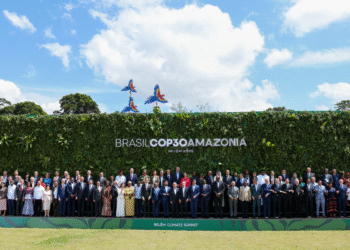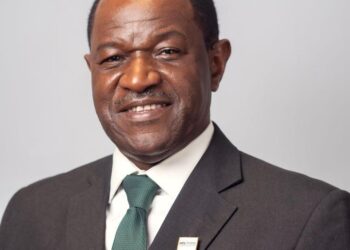On 1 September 2025, Punch Newspaper published an editorial highlighting the persistent problem of poor remuneration for Nigerian university lecturers. The piece sheds light on why Nigeria’s higher education sector remains unstable and why frequent strikes continue to disrupt students’ lives.
In Nigeria, a full professor earns about ₦500,000 monthly which is roughly 320 US dollars after deductions while Graduate Assistants take home as little as ₦125,000. In other countries the situation is very different:
In South Africa and Ghana lecturers earn at least 2,000 US dollars monthly.
In Switzerland teachers earn 69,000 US dollars annually on average with first year primary teachers making 47,500 US dollars.
In Luxembourg an experienced teacher can earn 98,000 US dollars annually.
In Nigeria even a Vice Chancellor earned just ₦900,000 (580 US dollars) monthly while a senator receives about ₦21 million monthly. The imbalance is striking.
Brain drain: At the University of Lagos 239 first class graduates who were employed as lecturers left within seven years due to poor pay.
Decline in teaching quality: With little incentive top talent abandons academia leaving students short changed.
Ethical compromises: Some lecturers reportedly survive by selling food items or handouts to students.
Strike culture: The Academic Staff Union of Universities has repeatedly resorted to strikes with the longest lasting nine months and crippling universities during the COVID 19 period.
Broken Promises
The Federal Government signed a 2009 Memorandum of Understanding with the Academic Staff Union of Universities pledging ₦1.3 trillion for university revitalisation. Only the first tranche of ₦200 billion was ever released. Sixteen years later salaries remain stagnant despite worsening inflation.
Education is the backbone of every profession. Nations that value teachers such as Canada Germany and Australia attract and retain their brightest minds. Nigeria by contrast is undermining its future by undervaluing lecturers.
The Way Forward
Salary review: Meaningful adjustment to reflect economic realities.
Honour agreements: Fulfil the 2009 commitments to revitalise universities.
Policy consistency: Regular review of pay and conditions.
Political will: As promised by President Bola Tinubu ensuring that there will be no Academic Staff Union of Universities strike requires concrete investment in higher education.
Finally, A country that neglects its lecturers is setting itself up for failure. If Nigeria wants a globally competitive university system it must replace “poverty salaries” with fair compensation and genuine respect for academia.


















































































 EduTimes Africa, a product of Education Times Africa, is a magazine publication that aims to lend its support to close the yawning gap in Africa's educational development.
EduTimes Africa, a product of Education Times Africa, is a magazine publication that aims to lend its support to close the yawning gap in Africa's educational development.